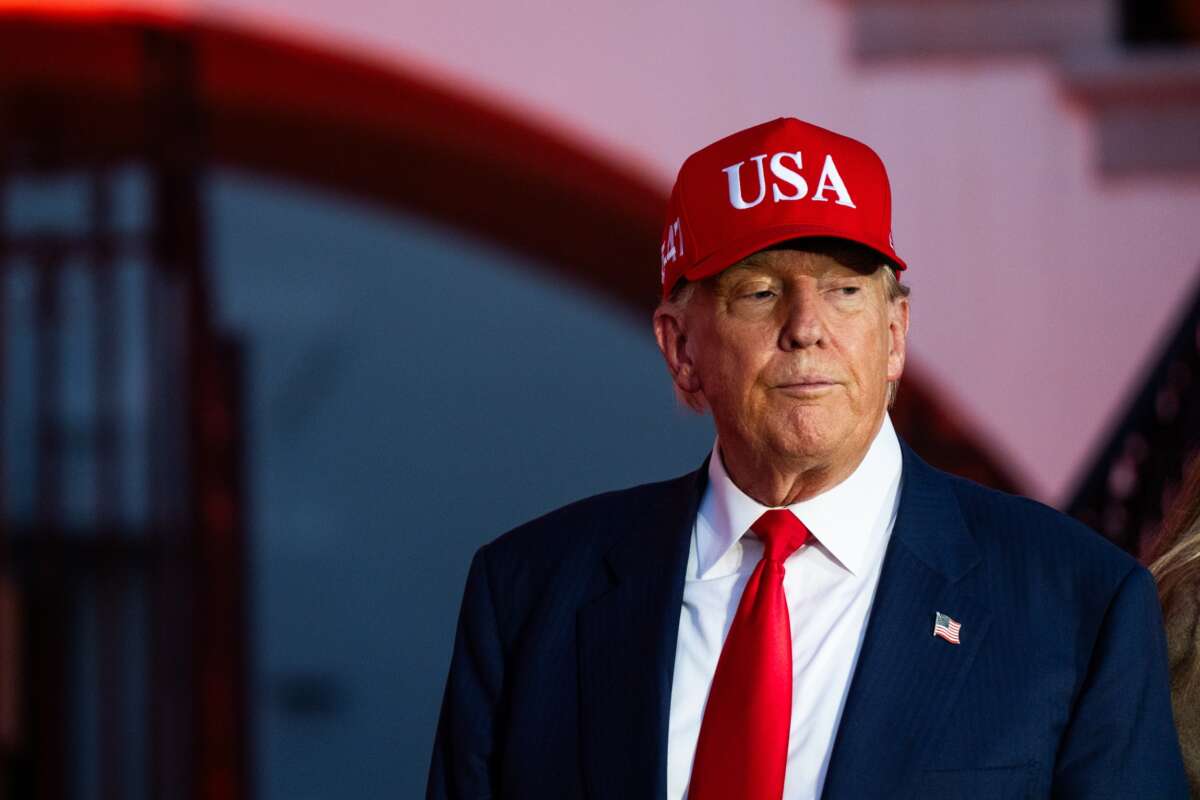President Donald Trump has urged Senate Republicans to abolish the filibuster, asserting that this move would enhance the party’s chances in the upcoming midterm elections. His call, made for the second time in less than a week, reflects a growing frustration within the Republican Party as they navigate legislative challenges.
The filibuster is a procedural tactic that allows the minority party in the Senate to impede legislation, requiring a supermajority of 60 votes to overcome. Historically, its use has been limited, but it saw increased application during the Obama administration. Since then, Republicans have employed the filibuster extensively, particularly when Democrats held a majority.
Trump’s Argument for Change
On October 31, 2025, Trump took to his Truth Social account, declaring, “The Democrats are far more likely to win the Midterms, and the next Presidential Election, if we don’t do the Termination of the Filibuster (The Nuclear Option!)” He further warned that if Republicans do not act, “NOTHING WILL BE PASSED, AND REPUBLICANS WILL BE BLAMED” for legislative inaction, referencing the remainder of his presidency.
Trump believes that abolishing the filibuster would enable swift legislative approval on various issues, including what he termed “FAIR, FREE, and SAFE Elections.” He has consistently emphasized the necessity for “free and fair elections,” often casting doubt on the integrity of current voting processes. His recent proposals include significant limitations on mail-in voting, which could restrict access for millions of Americans.
Partisan Reactions and Challenges
Trump’s push for filibuster abolition is seen as a partisan strategy. Notably, during his first term, he defended the filibuster when Republicans were in the minority. Now, with the party holding a majority, he is advocating for its elimination. This shift raises questions about the consistency of his position and the broader implications for legislative governance.
Progressive organizations have long called for reform or complete removal of the filibuster, and some moderate Democrats have expressed support for changes that would limit its power, particularly concerning legislation related to voting rights and reproductive health. Despite Trump’s insistence, Senate Majority Leader John Thune of South Dakota has indicated that there is currently insufficient support among GOP leadership to abolish the filibuster.
Polls indicate that the Republican Party faces significant challenges ahead. A recent NBC News survey revealed that over 60% of Americans believe the country is on the “wrong track.” Moreover, Democrats currently lead in voter preference for control of Congress, with 50% favoring Democratic leadership compared to 42% for Republicans. Trump’s approval ratings have also declined sharply, with negative perceptions on key issues such as abortion, education, and the economy.
As the midterm elections approach, the effectiveness of Trump’s calls for the end of the filibuster will be tested against the backdrop of public sentiment and the current political landscape. The outcome could have lasting implications for both the GOP and the legislative process in the United States.







